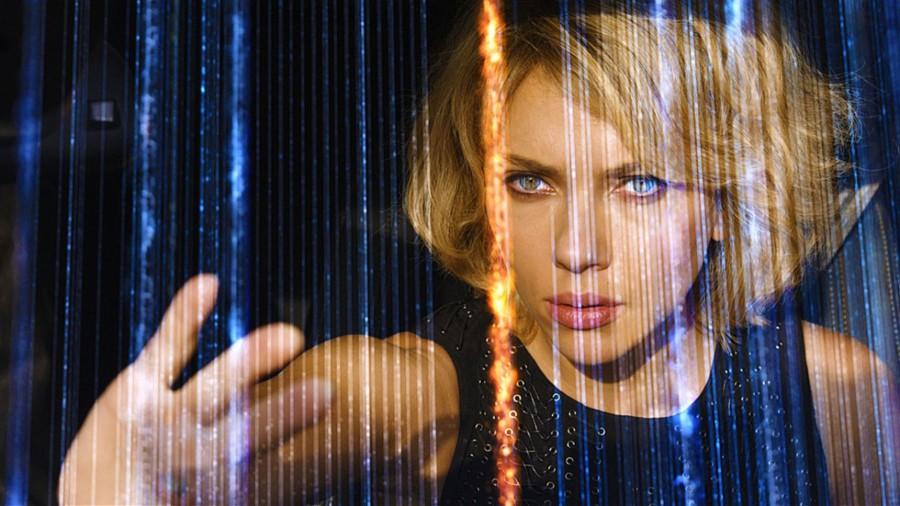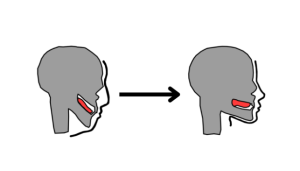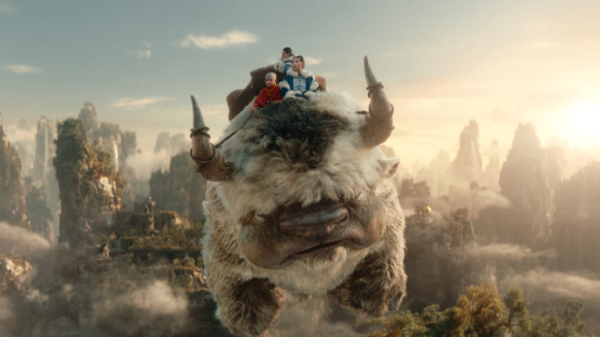“Lucy” falls short of expectations
Lucy (Scarlett Johansson) uses her further brain capacity to find the gangsters through using phone signals she can now see. Photo courtesy of www.lucymovie.com.
July 26, 2014
Going to the theater with high expectations for the sci-fi thriller starring the renowned Scarlett Johansson as the leading role, the audience seemed to be upset with the outcome. Released on July 25, “Lucy” is a brazenly mindless film about the infinite possibilities that the human brain is capable of should humans have the ability to control and use 100% of it. Though it is an intriguing concept that could have produced an incredible movie, the outcome simply did not live up to the possibilities.
The film starts with Lucy (Scarlett Johansson), an ordinary student, being tricked by her boyfriend into delivering a brief case to a Taiwanese gangers, Mr. Jang (Choi Min-sik) which eventually leads to her kidnapping by said gangers. These men use Lucy and a few other victims to import a powerful new drug into Europe by inserting packets into their abdomens for later retrieval. Unfortunately, the drug enters her bloodstream accidentally and causes her cells to go into hyperdrive. Over the course of the next 24 hours, the drugs continue spreading through her system and cause her to use more of her brain capacity until she uses 100%. As a result, Lucy develops new abilities and tries to understand them with the help of a famed professor (Morgan Freeman), who was incredibly underused if you ask me.
In my opinion, the scientific background for this so called sci-fi movie was a little bit too far fetched. If you are the type of person who enjoys more accurate portrayals of science, this is not the movie for you as some of the ideas they present are so inaccurate that you end up cringing. Though I understood that it was meant to be fiction, some of the pure inaccuracies seemed to get in the way of the enjoyment of the movie as they were so incredibly off base. In addition, the attempt to ground the film in some form of accuracy through the use of long shots that seem to come from the Discovery Channel – gazelles, pyramids, tornadoes, dolphins – seem to take too much away from the film’s central idea about the human brain.
Overall, the film was not good science fiction. Good sic-fi doesn’t make up nonsense and wrap it up in a fake scientific wrapper to feign intelligence while actually being incredibly inaccurate. The whole concept of only using ten percent of our brains is utter nonsense to anyone with any sort of mildly educated technical or scientific background. In fact, many neurologists I know and I spoke to about this idea seem to find this myth so wrong that it is almost laughable. And even if it were true, using more of our brains would have zero baring on the physics of the universe, we wouldn’t suddenly have telekinetic powers or the other lunacy shown in this film. While the film might be interesting and include many special effects that astound the audience, the message it attempted to portray was shattered by its utter failure to remotely contain accuracy even for the most gullible of viewers.
















